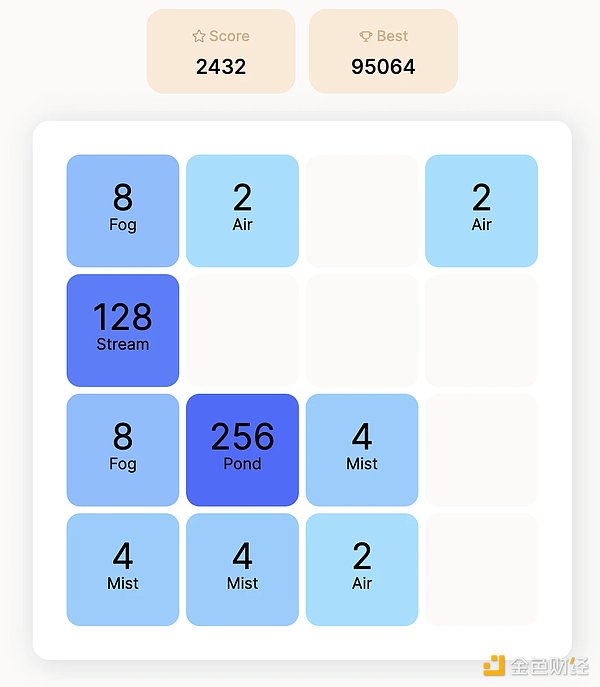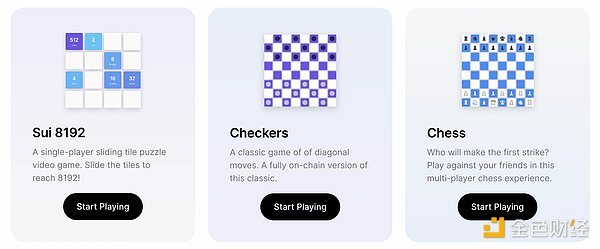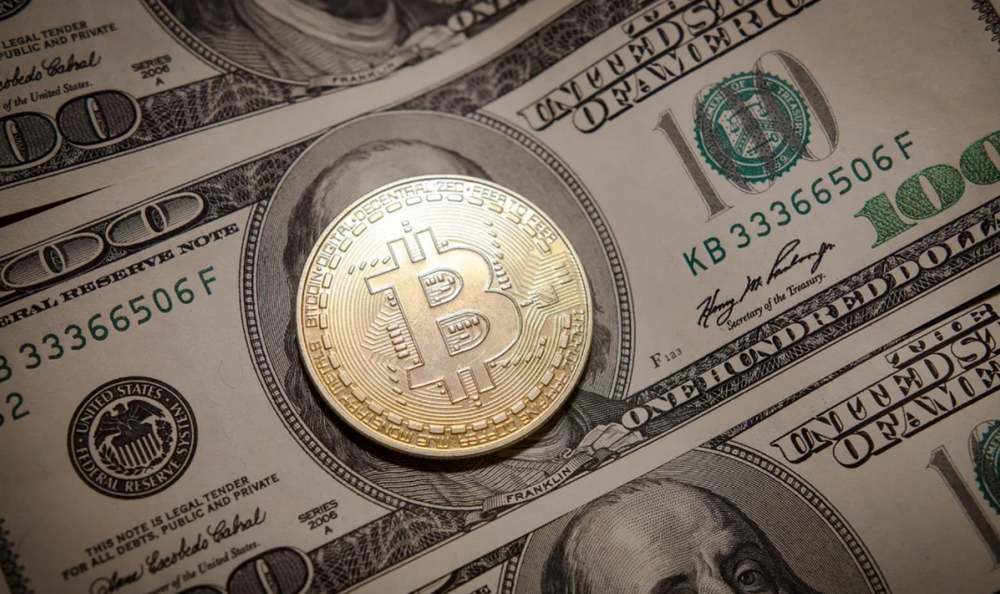Sui 8192 Hot Is a Mini Game the Best Entry Point for Full-Chain Games?
Is Sui 8192 Hot the Best Entry Point for Full-Chain Games?“Sui 8192”, a chain game based on Sui, has seen a significant increase in daily transactions, with analysis provider Artemis recently tweeting that this game has helped Sui Network temporarily surpass Solana in terms of daily transaction volume.
According to Artemis’ data, Sui Network’s daily transaction volume has recently exceeded 20 million, surpassing Solana’s 16 million. However, the company acknowledges that it uses different methods to calculate Sui Network’s daily transaction volume.
Chain-based 2048, popular in the crypto community
Unlike various GameFi products with complex mechanisms, complicated rules, and the need to calculate various cost benefits, as well as next-generation chain game products that focus on blockchain 3A blockbusters, Sui 8192 has a very simple mechanism design that anyone can pick up instantly.
Sui 8192 is simple and fast. Its gameplay is exactly the same as the once popular 2048 game. Just use the arrow keys to move the blocks and let them overlap. When two identical numbers overlap, they can be combined into a larger number. The player’s goal is to combine larger numbers as much as possible and achieve a higher score.
- Layer1 Transformation, Layer2 Discussion – The Business Secrets Behind ‘Ethereum Layer2
- Why is the discount on GBTC narrowing and what are the reasons and impacts?
- Opepen’s Rekindling A Community of Co-creation and Win-win

Although there is no innovation in terms of mechanics, Sui 8192 still attracts attention from the crypto community. In the current downward trend of crypto games, Sui 8192 is one of the few recent fully on-chain games worth paying attention to.
Full on-chain games are different from GameFi. In the current GameFi paradigm, usually only assets are put on the chain, meaning only tokens are on the chain, while the game logic is still processed by centralized servers. Full on-chain games put the entire game logic on the chain. Take Sui 8192 as an example, all the logic of this game is deployed on the Sui blockchain, mainly including three parts:
1. Game: records the overall state of the game and player operations.
2. Game Board: the main logic of the game.
3. Leaderboard: provides a ranking function.
When playing, users need to pay gas fees to mint an NFT. After that, each move in the game will initiate a transaction on the chain and record the data on the chain.
Through testing, it was found that the cost of the first mint is about 0.2 SUI, and the gas consumption for each subsequent operation is around 0.0008 SUI.
On-chain data shows that players have minted more than 741,000 game NFTs. Each NFT has a large number of update records to record every move made by the player.
In terms of gameplay flow, each operation requires confirmation on the chain, which can feel somewhat sluggish. The official also offers another simple option, which is to use the Ethos wallet.
What is Ethos?
“Sui 8192” was developed by the manufacturer of the Sui wallet Ethos Wallet. Ethos was co-founded by Nadia Eldeib and Jared Cosulich, and is committed to building user-friendly terminal products and products for developers.
In this game, Ethos Wallet provides players with a pre-authorization function, allowing them to avoid the hassle of confirming every step of the operation. By setting a maximum limit, the contract is eligible to consume tokens within the restricted amount.

In addition to Sui 8192, the manufacturer has also developed checkers and chess mini-games, all of which are full-chain games similar to 8192.

Similar to common middleware manufacturers, Ethos is not only a wallet, but also provides wallet infrastructure for developers.
EthosConnect, developed by the team, is a developer-friendly API designed to accelerate the workflow of developers building applications on Sui. Through EthosConnect, developers can directly connect your Sui’s Move smart contracts with the Ethos wallet and build user-friendly interfaces using their custom React components.
Ethos Explorer is an integrated encrypted portal within the wallet. This product makes it easy to discover dApps in the Sui ecosystem and manage your own encrypted assets.
Full-chain games, the next trend in blockchain games?
Since the integration of blockchain and games, the crypto world has been continuously exploring the combination of games and encryption technology.
Currently, games with “chain” can be roughly divided into three categories: traditional games that do not require blockchain involvement at all, traditional GameFi games that only put assets on the chain, and full-chain games that are completely on the chain.
The biggest difference between full-chain games and common chain games lies in the fact that the business logic of the game is also written on the chain. Smart contracts handle a series of calculations and business processes in the game.
In traditional GameFi, although in-game assets are put on the chain, the game rules, player interactions, in-game reward drops, and other business logic are centralized in traditional servers. Despite players seemingly having “decentralized assets” in the game, the “decentralized” vision is more like a beautiful mirage because the game company has complete control over the game rules.
However, as a result, the cost and performance requirements of the game’s core logic being computed on the chain are much higher than traditional GameFi. This also makes it almost impossible to create modern AAA-level games that are “playable” under existing infrastructure conditions.
Full-chain games are a niche field in the crypto ecosystem. Currently, full-chain games are still in a very primitive stage of exploration, and their infrastructure is insufficient to support systematic commercial activities. But this early exploration has also laid down a rich space for our imagination.
The attention received by 8192 shows us another possibility. Although the full-chain game cannot yet achieve the complex logic of modern large-scale games, simple and clear fun mini-games seem to be a good path. Would moving 4399 to the chain be a good choice?
We will continue to update Blocking; if you have any questions or suggestions, please contact us!
Was this article helpful?
93 out of 132 found this helpful
Related articles
- zkEVM Performance Comparison Testing the Deployment of Ethereum L2 Contracts
- Analyzing the Reasons Behind SOL’s Recovery from Solana Q2 Report
- Opinion The launch of UniswapX is both expected and unoriginal.
- Analyzing Arkham Airdrop Data 95% of Token Recipients Choose to Sell
- Analysis of two wallet solutions MPC and smart contracts. Why do we choose the latter?
- Brevis Alpha goes live What are its available features and use cases?
- What is the social protocol XMTP, which is collaborating with Coinbase and Lens, all about?






